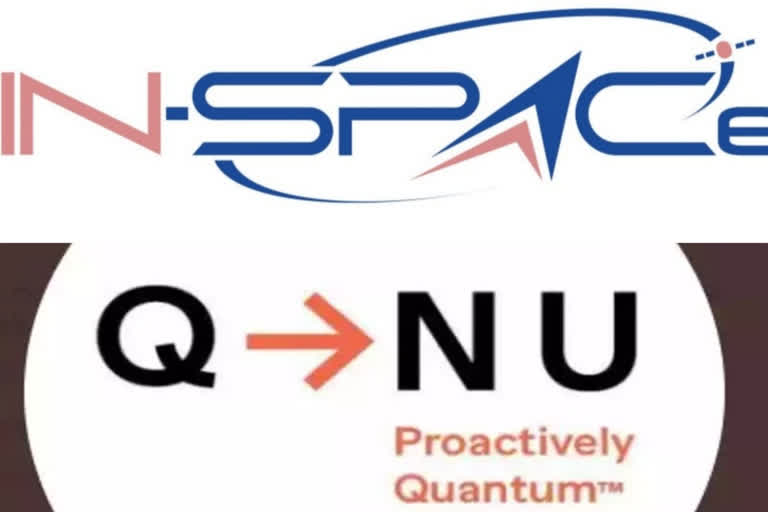Bengaluru: The Indian National Space Promotion and Authorisation Centre (IN-SPACe) has signed a Memorandum of Understanding (MoU) with Bangaluru-based deep tech startup QNu Labs to develop indigenous Satellite QKD (Quantum Key Distribution) products. With this MoU, QNu Labs, with the support of Indian Space Research Organisation (ISRO) and IN-SPACe, aims to demonstrate unlimited distance Satellite QKD based quantum secure communication, according to a joint statement on Tuesday.
Terrestrial QKD systems have the limitation of requirement of repeaters every 100-150 kms, which is a big hindrance in creating a large-scale Quantum Secure Network, it was noted. "With Satellite QKD capability, India holds the potential to become a world leader in creating Quantum Secure Communication Network", the statement said.
"The outcome of this collaboration shall ensure that India leads the future of global quantum communication networks that will involve a combination of the quantum-satellite constellation, providing intercontinental connectivity", it added. Director Programme Management and Authorisation, IN-SPACe, Department of Space, Dr. Prafulla K Jain, said QKD is an essential technology development that uses principles of quantum mechanics to ensure security to sensitive information shared among different parties.
For a country like India, with the expansion of the space sector and with significant shifts in advanced technologies especially in network and communication domains, it is very crucial to have a robust ecosystem in place so that we have smooth operations without having to compromise any sensitive data, he said. Jain hoped that this partnership with QNu Labs will pave the way for stringent collaborations to strengthen India's Quantum Secure Communication Network.
CEO and Co-Founder of QNu Labs, Sunil Gupta believes this will be a highly innovative partnership with ISRO's leadership in space-based communication infrastructure and QNu Labs' leadership in quantum technology. This technology will be a game changer and can be used to keep the exchange of sensitive information secure across long distances, according to him.
